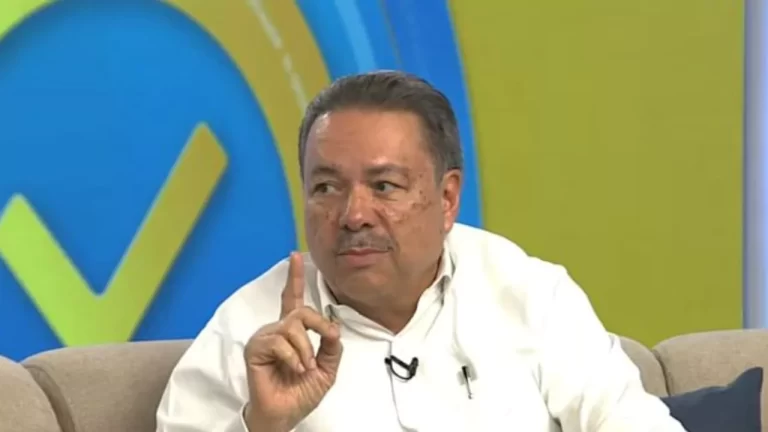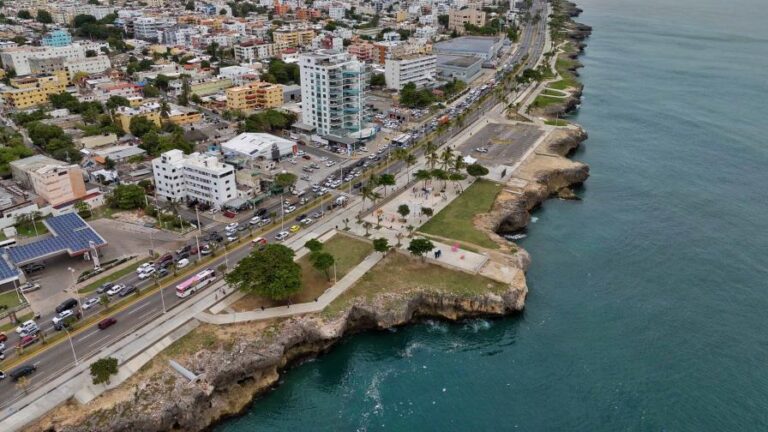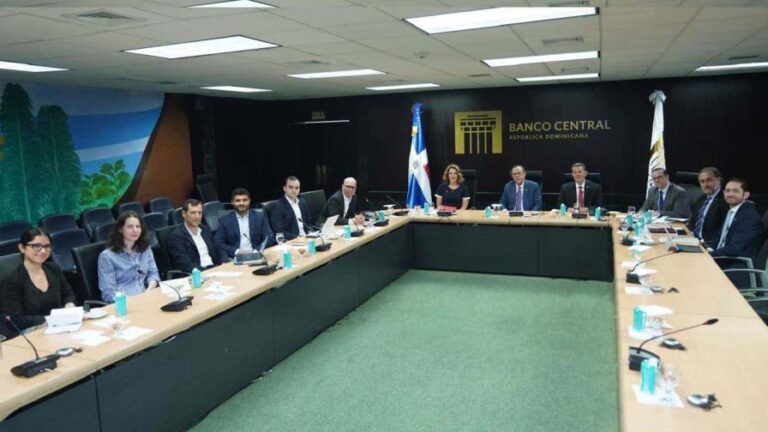A closer look at hotel franchises.
One of the advantages of hotel franchises is uniformity.
I recently witnessed three distinct experiences that made me reflect on best practices in hotel franchising.
During my years involved in the tourism industry, I’ve noticed that when it comes to selecting a hotel franchise, the project developer focuses primarily on marketing, the potential volume of bookings to be produced by the franchisor’s booking center, and the nightly rate. There is nothing wrong with that, except if you forget that contracting a hotel franchise is much more than that.
The first important decision is selecting the brand based on the desired product. The main North American hotel franchises have several brands with attractive products aimed at different market segments. This has been an ever-evolving topic over the past 20 years. The brand may be the best positioned, but the results will be mediocre if the product doesn’t match the market segment. On the other hand, the product may be top quality, which is the case I have in mind, but if the brand is associated with a particular lifestyle or genre, it is more likely to die out or become extinct when the style or genre goes out of fashion. In other words, you need to have a vision that fits the duration of the contract when selecting the brand, because changing the product and the image of a hotel halfway through leads to high unforeseen expenses.
One of the benefits of a franchise is uniformity and achieving it requires preparation and staff training. The customer who visits a certain brand hotel in NY, Paris, or Santo Domingo not only expects a more or less similar room size, decoration, and amenities but also that the service offered does not vary substantially. I believe that, in the medium term, we will see an improvement in service in Dominican hotels. The staff assisting us will not only offer “the spontaneity of the Dominican” but will gradually reach levels of professionalism by the rates. It’s a big challenge for the Dominican hotel industry, and I am convinced that North American hotel franchises are contributing and have much more to contribute to this area.
It is worth mentioning that the Dominican hotel industry, which currently consists of more than 85,000 rooms, is among the best, if not the best, in the Caribbean and Central America. The public and private sectors must take joint credit for this achievement, given that the Dominican State has been encouraging efforts through Law 158-01, a successful experience of 22 years. It has been up to the private sector to provide the funds for construction. Gone are the $50,000 hotel rooms to be replaced by $100,000-250,000 each. Meanwhile, rates have risen from US$30.00 per person, all-inclusive, to US$400.00 or more. A lot is expected of the experience, product, and service when paying high fees.
The most recent case that caught my attention is even more delicate than the previous ones. It involves understanding where my rights as an owner or operator end and where they intersect with the franchisor’s rights.
We live in an open and ever-changing world, open to multiplicity, and that applies to religion, gender, skin color, etc. The owner of a franchised hotel must understand “that his rights end where those of the operator or the franchise begin.” Introducing foreign practices that may be well regarded in your country of origin, such as rites or celebrations, can clash directly with those of the destination country. Demonstrating international political support such as renouncing or burning foreign flags are banned practices in the environs of a hotel, as some people may agree with such protests while others may be horrified by them.
In the end, like a hotelier told me recently: “Whoever buys a product should know what to expect from it.”
Enrique E. By Marchena Kaluche
The author is an expert lawyer in foreign investment and tourism, and former chairman of the Association of Hotels and Tourism of the Dominican Republic (ASONAHORES).
Source:



